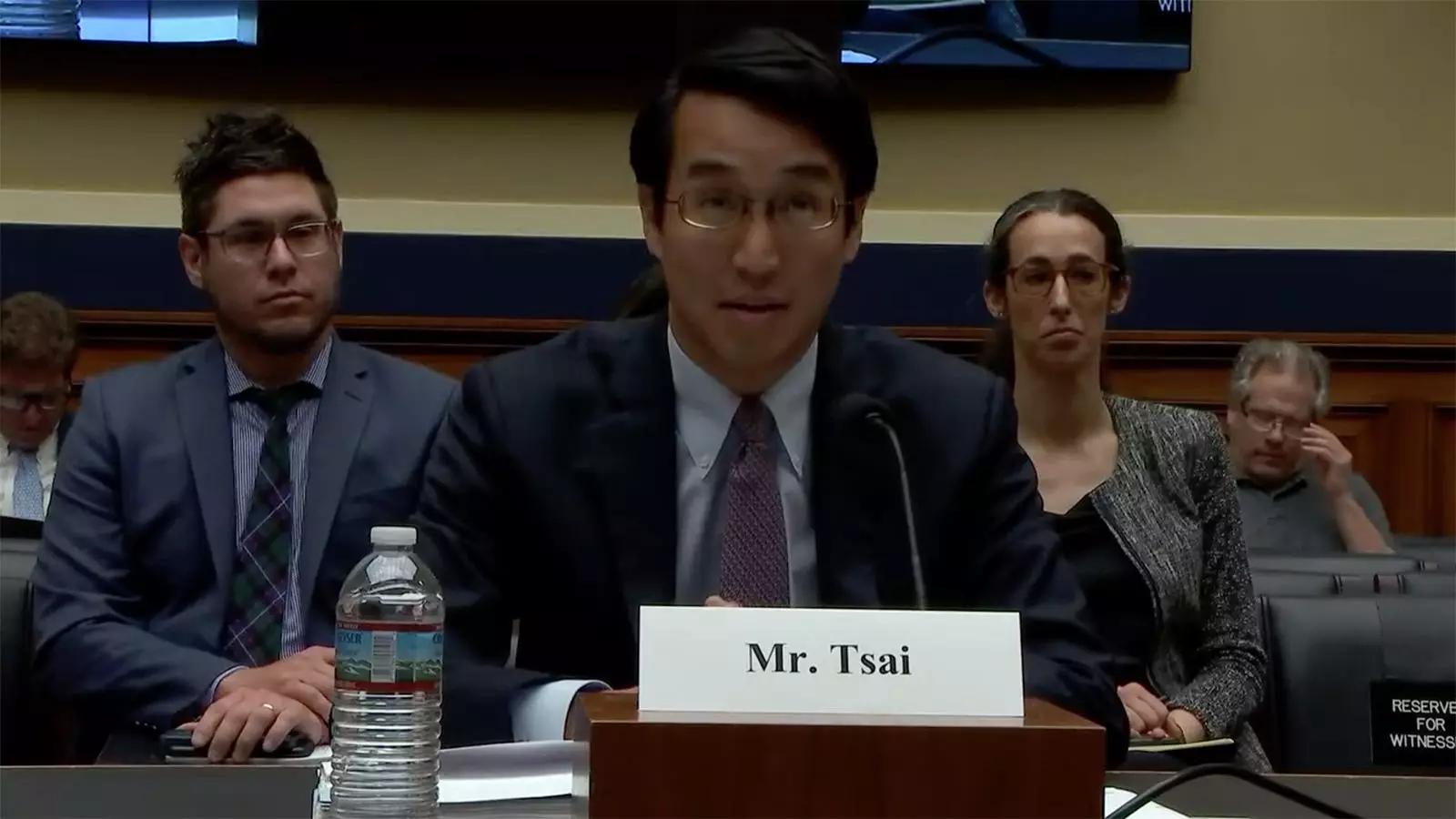In a recent discussion on the new Medicaid regulations by House Republicans, there was clear discontent with the implementation of rules regarding minimum nursing home staffing requirements and increased pay for home care workers. Republican representatives, like Rep. Brett Guthrie and Rep. Cathy McMorris Rodgers, expressed concerns about the impact of these rules on nursing homes and home care services.
Rep. Brett Guthrie highlighted the need to adequately compensate frontline caregivers and clinical providers to ensure quality care for vulnerable populations. However, he criticized the approach taken by the new rules, citing a decrease in the number of nursing home facilities and long-term care workers since the start of the pandemic. This raises questions about the effectiveness of the new regulations in addressing the challenges faced by the healthcare system.
One of the key points of contention was the new rules requiring nursing homes to have a registered nurse (RN) on staff 24/7 and to provide 3.5 hours of personalized care per resident per day. Rep. Cathy McMorris Rodgers raised concerns about the feasibility of these staffing requirements, suggesting that they could lead to closures or reduced services for seniors. This calls into question the balance between maintaining quality care standards and ensuring the sustainability of healthcare facilities.
Another aspect of the new rules that drew criticism was the ’80/20 policy’ for home care agencies, mandating that 80% of collected funds be directly allocated to home care workers. Rep. McMorris Rodgers argued that this rule could limit the amount of care provided by home care agencies, impacting access to services for individuals in need. This demonstrates the complexity of balancing financial sustainability with quality care delivery in the healthcare sector.
In response to the new regulations, House Republicans introduced bills, such as H.R. 7513 and H.R. 8114, aimed at halting the implementation of specific rules. Despite opposition from Republicans, Daniel Tsai, director of the Center for Medicaid and CHIP Services at CMS, defended the nursing home staffing rules, emphasizing the need for a balanced approach to workforce challenges and care quality.
Committee Democrats, including Rep. Anna Eshoo, supported the new rules as a means to improve nursing home quality and enhance caregiver wages. However, the conflicting viewpoints between Republicans and Democrats highlight the complexity of policymaking in the healthcare sector. While the intention is to enhance care standards and worker compensation, the practical implications of these rules need further evaluation.
Apart from the discussion on the new regulations, Committee members proposed various Medicaid-related bills to address critical issues in the healthcare system. Rep. Rodgers and Rep. Frank Pallone developed a bipartisan bill to address long waitlists for home- and community-based services, aiming to provide more flexibility to states and standardize waitlist reporting.
Rep. Debbie Dingell sponsored a bill to make a demonstration program, “The Money Follows the Person,” permanent, facilitating transitions from nursing home to community-based care. This initiative has shown bipartisan support and cost-effectiveness, indicating the potential for improving care delivery and reducing healthcare costs.
Rep. Jan Schakowsky raised concerns about the Medicaid Estate Recovery Program, advocating for its termination due to the financial burden it places on low-income families. Highlighting the impact on families in Illinois, she emphasized the need for more compassionate and effective healthcare policies. The diverse range of proposed bills reflects the multifaceted nature of healthcare challenges and the ongoing efforts to address them effectively.
The critical analysis of Medicaid rules and regulations underscores the complexity of policymaking in the healthcare sector. While there is a shared goal of improving care quality and caregiver compensation, the practical implications of these regulations must be carefully examined to ensure a balanced and sustainable healthcare system. It is essential to engage in constructive dialogue and collaboration to address the challenges faced by the healthcare industry and promote better outcomes for patients and caregivers alike.

Leave a Reply